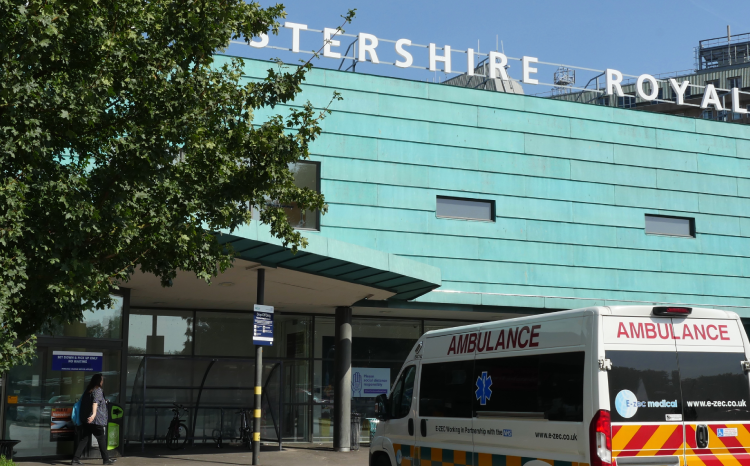Key Takeaways
- Two hospitals in south-west England face service disruptions due to an IT outage prior to planned resident doctors’ strikes.
- The British Medical Association is demanding a 26% pay increase for resident doctors, leading to ongoing industrial action.
- NHS England urges the public to attend scheduled appointments unless contacted, despite strike-related service challenges.
IT Outage Forces Hospitals to Rely on Paper
Staff at Cheltenham and Gloucester NHS Foundation Trust are using paper records following an IT outage caused by a server issue on July 22, 2025. This disruption coincides with a five-day strike by resident doctors scheduled from July 25 to July 30, related to pay disputes. The trust announced on its website that while some systems have been restored, others remain intermittently affected.
In their statement, the trust emphasized that the issue is not a cyber incident and reassured patients that safety is a priority, with contingency plans in place to navigate the challenges. Notably, heart attack patients were redirected to a hospital in Bristol as a precautionary measure.
The ongoing resident doctors’ strike marks the 12th instance of industrial action since March 2023, resulting in a total of 49 days of disruption to NHS services. The British Medical Association (BMA) is advocating for a pay rise of 26% for resident doctors, claiming current salaries have not kept up with inflation since 2008.
NHS England has responded by instructing hospital management to maintain routine operations wherever feasible during the strikes. They have advised patients to continue attending scheduled appointments unless notified otherwise, indicating that rescheduling should only occur in exceptional cases to ensure patient safety.
Professor Meghana Pandit, national medical director at NHS England, acknowledged the impact of the strikes on both patients and staff, expressing disappointment that industrial action is ongoing. He reassured the public that the NHS is doing everything possible to minimize disruptions.
Since strikes began in late 2022, the NHS has seen the rescheduling of over 1.4 million appointments. During the last round of strikes in June 2024, approximately 61,989 inpatient and outpatient appointments were postponed, with peak absences among staff reaching 23,001. Some resident doctors in London were authorized to assist during a previous IT incident affecting the pathology system provider Synnovis.
The situation is evolving, and ongoing communication is critical as services attempt to adapt to these dual challenges of industrial action and IT disruptions.
The content above is a summary. For more details, see the source article.















